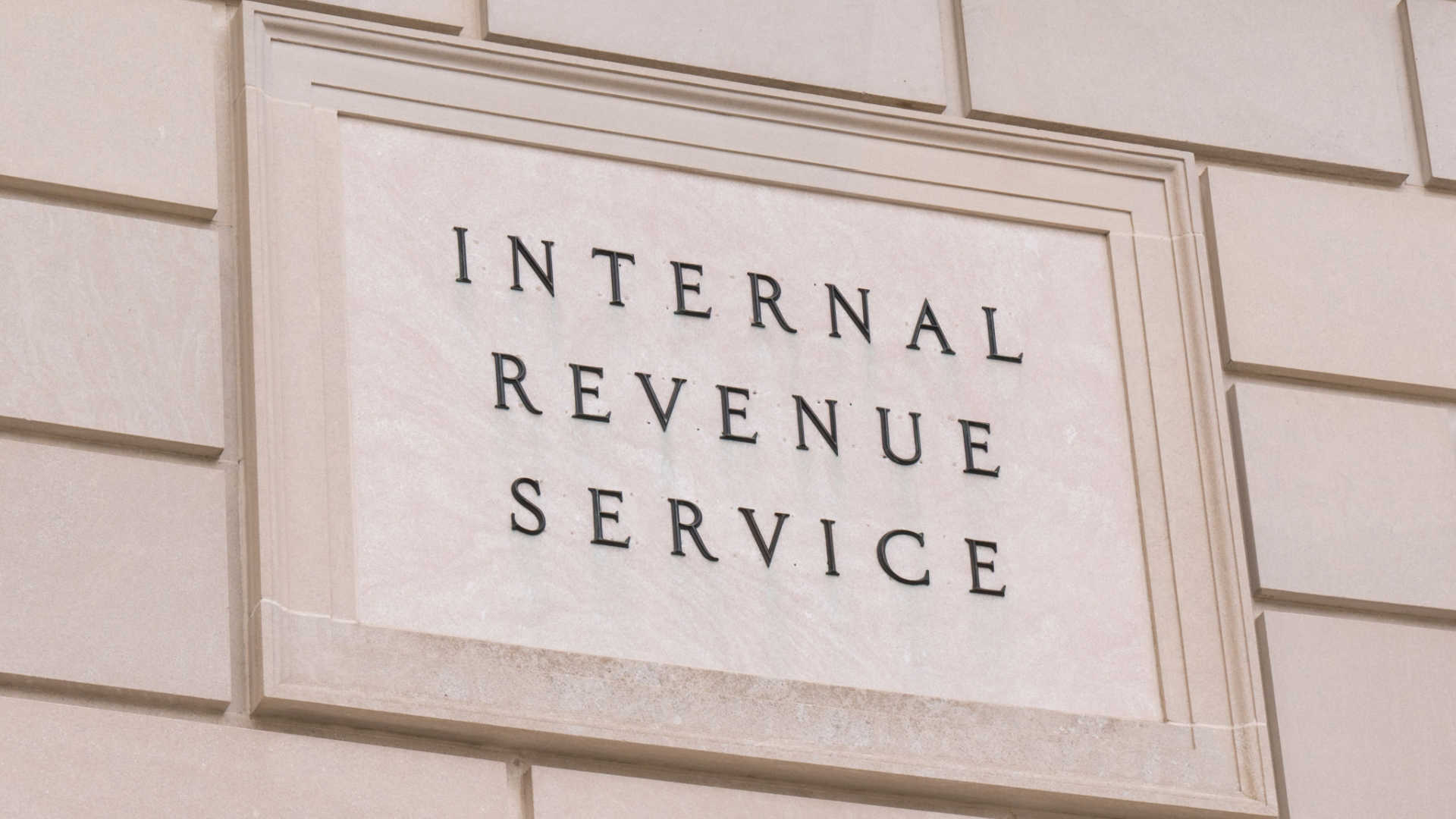The IRS has finally announced adjustments to 2023 contribution limits on various tax-advantaged health and dependent care spending accounts, retirement plans, and other employee benefits such as adoption assistance and transportation benefits. Many of these contribution limits, though not all, are indexed to cost-of-living adjustments.
Together, these combined announcements by the IRS detail 2023 adjusted limits to the amounts employees can tuck away pretax into Flexible Spending Accounts (FSAs), Health Savings Accounts (HSAs), transportation benefits, and retirement plans such as 401(k)s.
While IRS limits for HSAs and HDHPs are required, by law, to be announced by June 1st, limits for these other pretax savings vehicles always seem to come so late in the year that many employers have already completed their employee benefits open enrollments.
Employers who have already completed open enrollment for 2023 have two choices when it comes to communicating these updates; 1) they can do nothing, since there isn't an obligation to make the maximum election amounts available to employees, or 2) they can reopen the enrollment process and let employees who want to increase their elections do so before December 31st, for calendar year plans.
What follows is a consolidated summary of the new IRS limits;





















